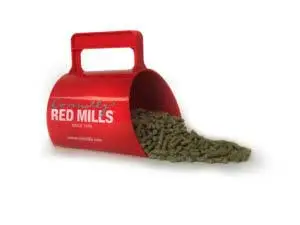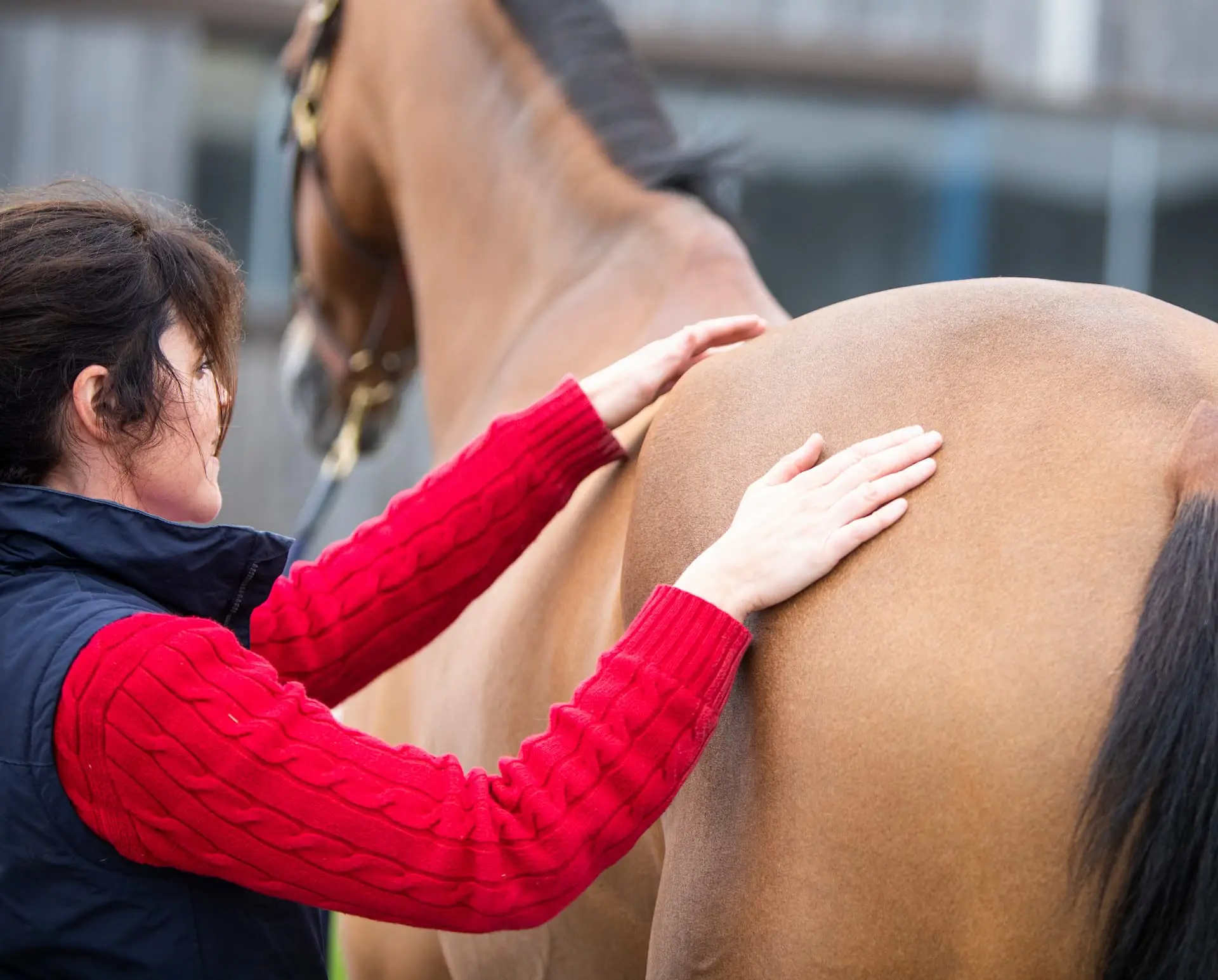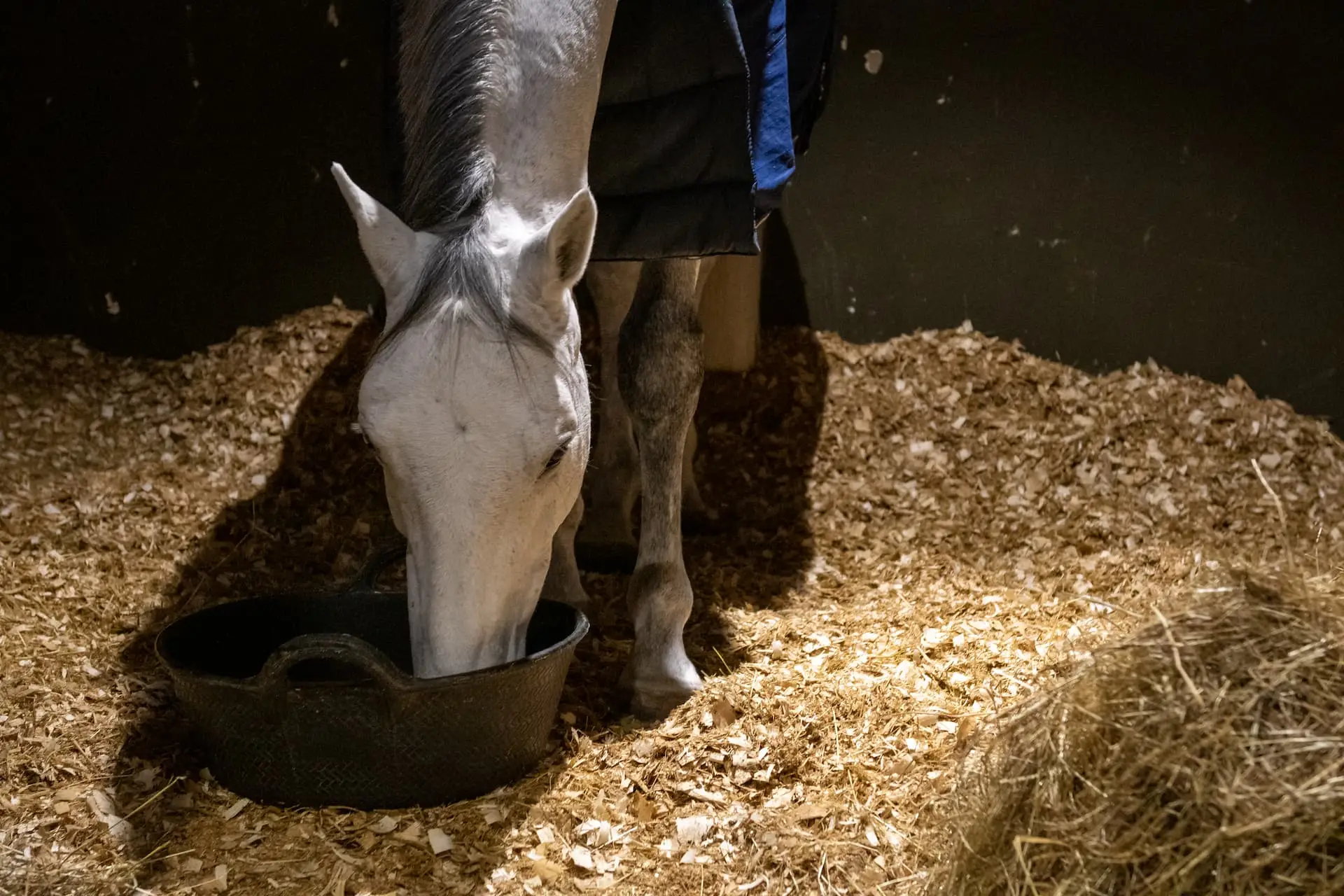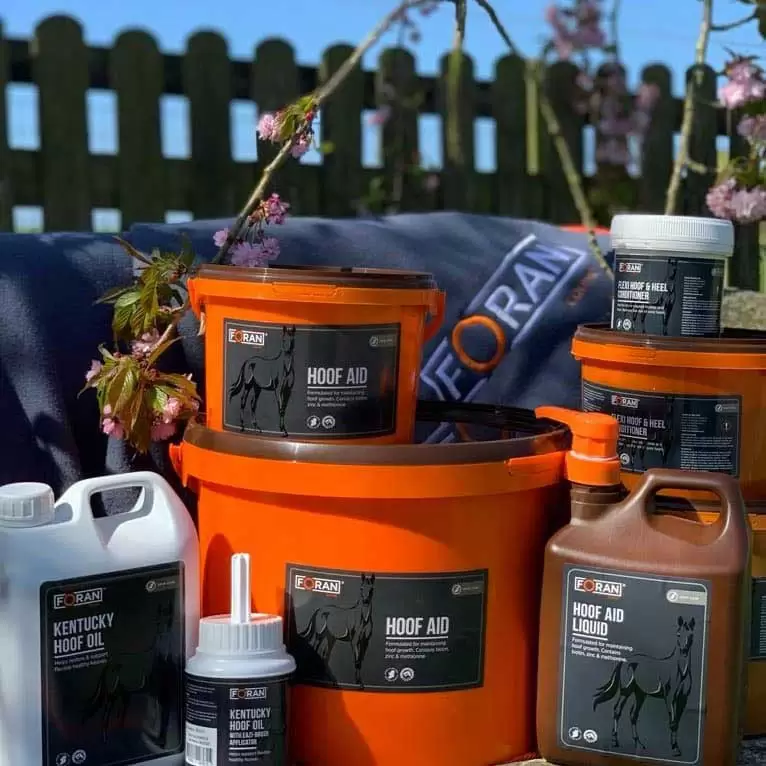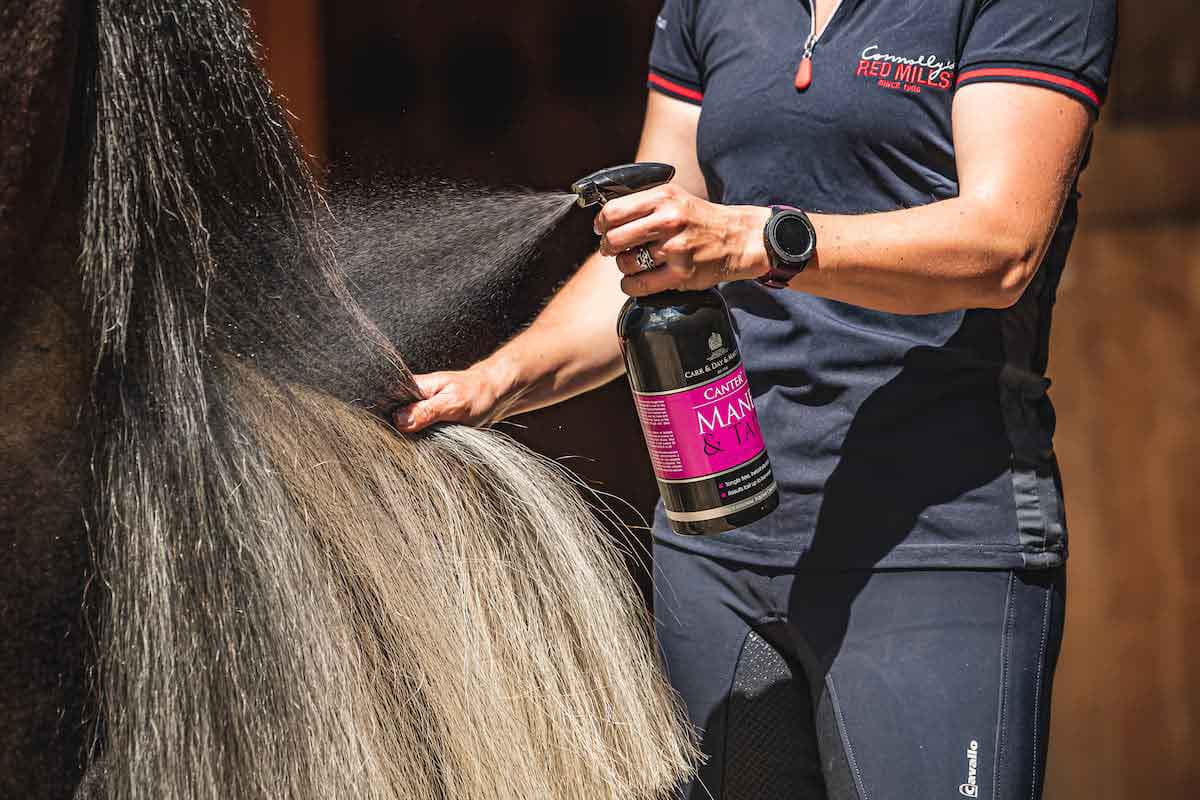Steps to reduce the risk of NOPS
The list of NOPS is an extensive one, including caffeine, morphine, atropine, scopolamine, theobromine and hordenine, as well as herbal NOPS. Potential sources of NOPS include pasture, conserved forage, feed, supplements and anything else the horse may eat, intentionally or not!
However, don’t panic, there are a number of things that you, and your staff, can do.
Our Thoroughbred Specialist, John Mathias, outlines some of the main steps he uses on his own yard to reduce the risk of NOPS
Reducing the risk of NOPS – what you can do:
Look for the BETA NOPS logo. This shows that the manufacturer is part of the BETA NOPS quality assurance scheme designed to help reduce the risk of contamination with naturally occurring substances.
| If the BETA NOPS logo isn’t displayed on the packaging, contact the company to ensure that they test for the presence of NOPS. |
| Not all countries have the same rules regarding NOPS, so be extremely cautious if buying products made further afield. |
| Ensure that your staff are fully trained on NOPS and how to avoid them. For larger yards Connolly’s RED MILLS nutrition team are available to offer NOPS training for your staff*. |
| Remember that any herbal ‘treatments’ should be recorded in the same way as medication and should only be given under veterinary advice. |
| Only buy good quality forages from a reputable supplier and check your pastures regularly. Weeds such as poppies, lupins or nightshade can be a source of NOPS. |
| Keep labels, records and/or delivery notes, which have the batch number of any feed or supplement bought. This information will be essential if a problem with prohibited substances |
| Although your feed/supplement supplier will retain samples of their product, it is ‘best practice’ that you also take samples in the unlikely event that they are needed as part of an investigation. Samples should be kept, alongside their batch numbers, in a cool, dry area for two months after they are fed. |
| Store horse feed separately to feed for other animals. Feed intended for other species, where NOPS are not a concern, could lead to potential cross-contamination. |
| Never eat or drink in the stable or feed room, something as simple as coffee being spilled onto the feed and may result in a positive NOPS test. |
| Never give a horse ‘human’ food (the odd carrot or apple is allowed!) and do not use ‘home-made’ remedies. |

